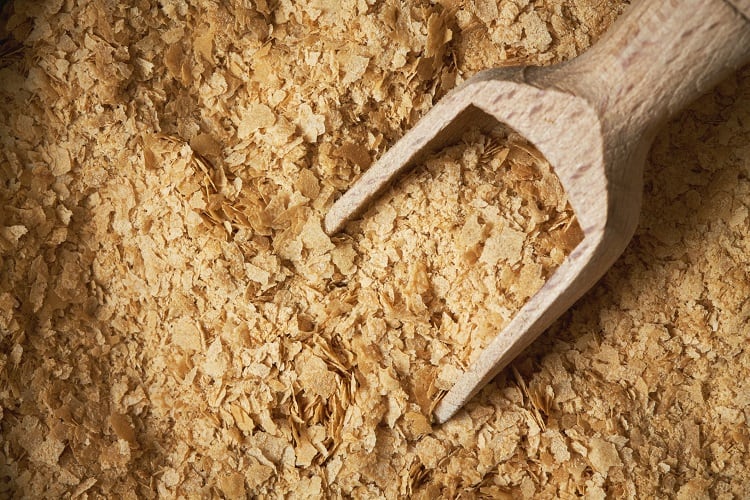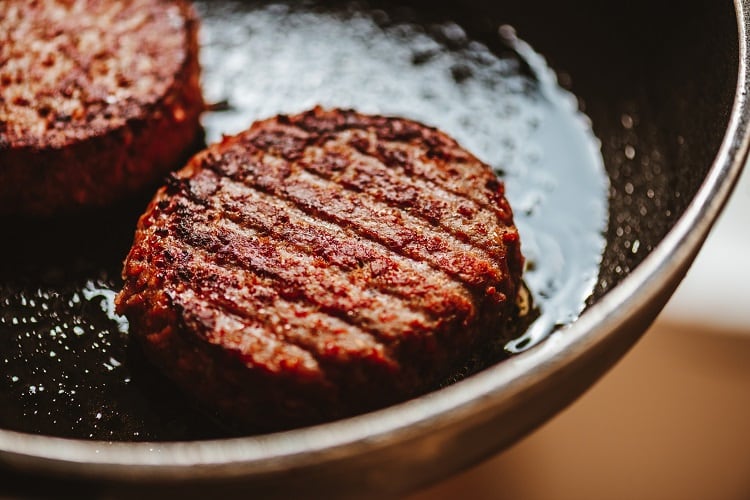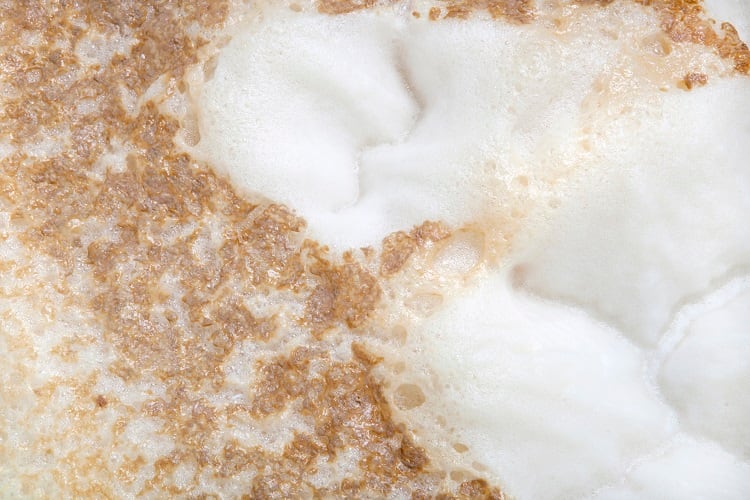Brainchild of cultivated meat CEO Aleph Farms, Didier Toubia, is pursuing another alternative protein project in Yeap.
An abbreviation of ‘yeast protein’, the Israeli start-up - a completely independent venture to Aleph Farms - is developing sustainable, cost-effective and scalable protein for the food industry from industrial side streams.
Beginning with a functional concentrated protein for various food categories, including bakery, condiments, and alt dairy, Yeap is also eyeing the meat analogue market – a sector dominated by soy and pea proteins – with a TVP alternative.
“Our vision is to replace soy,” Yeap’s CEO and co-founder Jonathan Goshen, told FoodNavigator.
Transforming spent yeast into protein
While Toubia came up with the initial idea for Yeap, even prior to founding Aleph Farms, his current role as co-founder and chairman of the board is not an active one.
Today, Yeap is run by Goshen, co-founder and VP of products and business development Dominik Granbinski, and PepsiCo alumni Dr Keren Kles, who serves as the start-up’s CTO.
For Yeap, yeast protein is the ‘obvious protein’. And its unique manufacturing process, Goshen suggested, makes it more obvious still.
“We are taking our raw material from different waste streams of industrial processes. And not only from breweries,” we were told.
What is particularly unique about the process is that it is ‘agnostic’ to the stream. This means that any yeast strain from any yeast stream can be processed into Yeap’s alternative protein product.
While Goshen could not divulge details about the process itself, he did say it can essentially be split up into three parts: separation, concentration, and if required, flavour modulation.
“The beauty of it, is that the process doesn’t require fermentation. We are using the spent yeast as is. So no fermenter, and no huge capex investment involved.”

The manufacture of Yeap’s offering does not require custom-made machinery nor facilities, which Goshen suggested will enable the start-up to scale. “We can use existing production lines,” he revealed. “And we are already in touch with co-manufacturers in order to do so.
“Scalability is fast and inexpensive.”
Functional concentrated protein
Yeap’s first product is a functional concentrated protein that it plans to sell to food makers in a variety of categories.
The versatile ingredient is made up of 70-80% protein, with ‘very good’ emulsion functionality, as well as thickening, gelling, and foaming capabilities. “All of these functions work in a high acidic environment,” Goshen added.
The concentrated protein replaces egg and some milk proteins in a variety of applications. In bakery, for example, the ingredient can replace egg to create ‘aeration’ and structure, all the while ensuring moisture, ‘fluffiness’ and longer shelf-life.
In alt dairy, the ingredient’s gelation function lends itself to dairy-free cheese spread applications, said the CEO. And in vegan ice cream, it helps provide a ‘creamy texture’ while holding structure once removed from the freezer.

Elsewhere, the protein concentrate can be used in condiments, such as mayonnaise and hollandaise. “It’s a great emulsion,” Goshen added.
Disrupting soy
Once its first ingredient achieves scale, Yeap will seek to commercialise its second ingredient: an alternative to texturised vegan protein (TVP) in meat analogues. The start-up is coining its replacement TYP, or texturised yeast protein.
TVP is attractive to plant-based manufacturers for its short cooking time and high protein content, soy protein is one of the most popular bulk ingredients in the meat analogue sector.
However, as Goshen pointed out, while the ingredient is inexpensive and has good functionality, there is an ‘allergen issue’. In Europe, for example, 14 allergens are recognised as the most common and potent causes of food allergies and intolerances. Soybeans are listed amongst these 14 ‘major’ food allergens across the bloc.
Yeap is developing its TVP alternative with the ambition of replacing soy completely in meat analogue products. It can also replace other bulk ingredients currently on the plant-based market that fail to meet Yeap’s standards in terms of functionality and sustainability we were told.
“Existing ingredients also include pea and animal protein. While pea doesn’t have any health concerns, it is very expensive and has an off flavour,” said Goshen. “Animal protein has a good taste, but it’s not sustainable.”

The ingredient also responds to consumers looking for healthier, less processed food, the CEO stressed. Yeap expects its ‘clean label’ ingredient to be listed as ‘yeast protein’ on-pack.
Additional flavour enhancers may not be required, depending on the application. The protein concentrate ingredient has an ‘almost neutral’ flavour, Goshen explained. “You don’t taste it.”
The spent yeast itself, in the TVP alternative format, has an umami flavour. The CEO expects this to work well in the meat alternative space. “This is the major advantage, because unlike other proteins that need maskers or flavour modulation, here you have the umami embedded.”
Next steps
In the coming year, Yeap will prepare its first product for commercialisation. “In the very near future, we will be entering into pilots in three different regions with a big well-known player on one hand, and ‘new era’ alt protein companies on the other,” we were told.
As yeast is a well-known food ingredient, it is not regarded a Novel Food in Europe and has already received GRAS certification in the US.
“We have kicked off fundraising to achieve four targets,” Goshen continued. The first concerns getting the first ingredient market ready, the second is to finalise engagements with potential customers, the third is ensuring a production plan is in place, and the fourth covers boosting headcount.

The Kitchen Hub by Strauss in Israel was amongst Yeap’s first investors. Jonathan Berger, CEO of The Kitchen Hub by Strauss, said the incubator comes across many alternative protein technologies and ventures, but observed something particularly unique in Yeap.
“We chose to invest in Yeap because of its unique value proposition: single-cell protein with superb nutritional and functional performances from recycled yeast.
“Yeap will bring significant value to the meat analogue industry and the whole food industry.”




